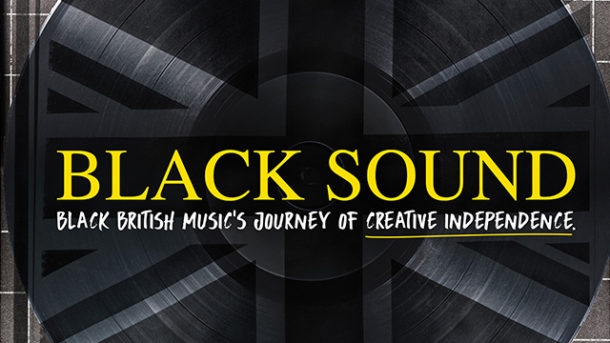
 Black Sound – an impressive exhibition!
Black Sound – an impressive exhibition!
Wednesday 16th August 2017 | Ben
This fantastic exhibition exploring black music in Britain over the last 100 years is free, available until 4th November and seriously worth a visit.
On at the Black Cultural Archives in Brixton, Black Sound not only covers pretty much every genre of music but also demonstrates the ways in which black British music has heavily influenced culture, society and politics.
With so much to include the exhibition manages to mention all the most important eras and musical movements you didn't realise had such a huge impact on society at the time.
Of course, it focuses a lot on the Do It Yourself culture of many of these genres and how underground scenes constantly and quickly broke into the mainstream.
Here are some of the key chronological points:
1919 - Southern Syncopated Orchestra arrives in London, playing a mix of jazz and calypso in various clubs in the west end. Invited to perform at Buckingham Palace.
1942 - Rudolph Dunbar becomes the first black man to conduct the London Philharmonic Orchestra and at the Royal Albert Hall too.
1948 - Lord Kitchener arrives on the Windrush after the war and 2 years later makes music with Lord Beginner at Abbey Road with EMI Records.
1958 – King of Afrobeat/funk Fela Kuti comes to Britain to study medicine and makes his recording debut a year later. He goes on to record Fela’s London Scene in 1971.
1976 – After the 1960’s Reggae, Dub and Trojan explosion, Black Echoes launches. The paper was the starting point for artists like the late Smiley Culture and Tippa Irie. Cities like Liverpool and Birmingham (Steel Pulse and later Musical Youth) follow in the footsteps of the capital.
1984 - Kiss FM launches playing mostly black music with influential DJs such as Trevor Nelson and Norman Jay. Bristol’s The Wild Bunch also begins.
1986 – Later in the decade, with the aid of Soul II Soul, London Posse and Rodney P originate a sound that is seen as the beginning of UK hip-hop.
1988 - A Guy Called Gerald releases acid house classic Voodoo Ray, mixing the Manchester rave sound with London’s growing jungle scene.
1994 - Rinse FM launches in Tower Hamlets and garage is born to offer less intense rooms at jungle raves.
1998 - Drum ‘n’ Bass hits the mainstream as David Bowie features on Goldie’s Truth.
2000’s - Artful dodger, Craig David and So Solid Crew become regulars on top of the pops and from these 90’s genres, both grime and dubstep are developed.
2002 – A pivotal year for today’s current black British music scene we know and love. Roll Deep is formed, Ms Dynamite, wins a Mercury prize and 1xtra is set up.
The quantity of information in this exhibition is remarkable yet the quality is by no means compromised so go check it out especially before Notting Hill Carnival!
